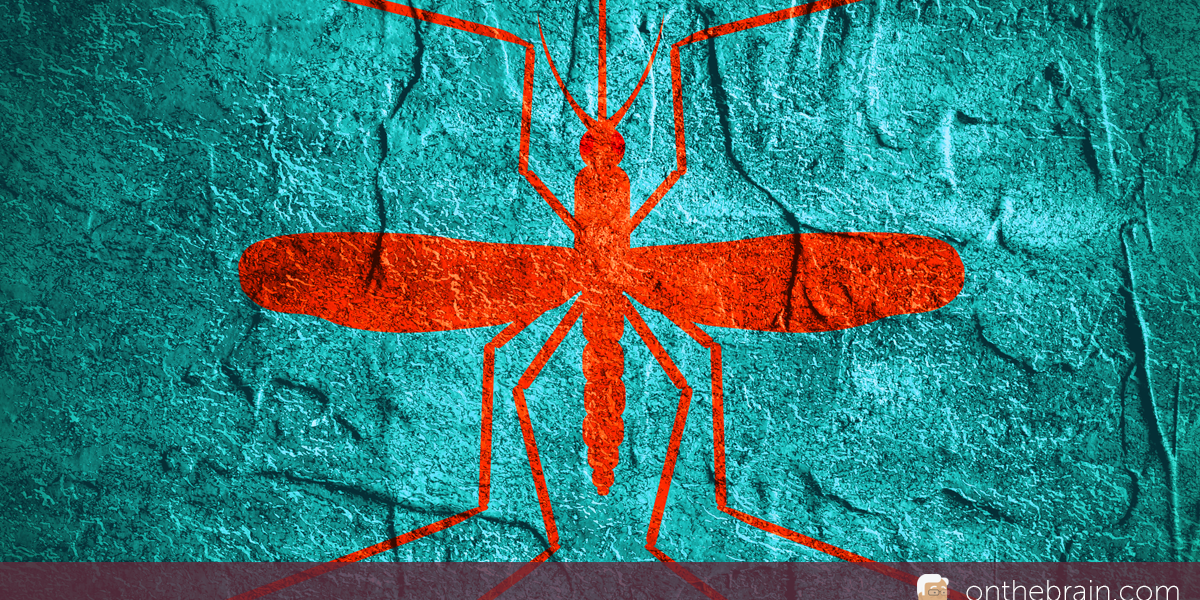In Caldwell, Idaho, on the Snake River in Western Idaho, Dr. Carolyn Rees tells us that she was at ground zero during a West Nile Virus epidemic “leaving many people with post-encephalitic brain damage”. A review of the research literature on WNV includes a number of studies now documenting enduring memory and other cognitive losses as a predictable outcome of a WNV infection. The prevalence of this kind of virus (an “arborvirus”) is growing continuously in the US. The disease is primarily spread via mosquito-transmitted infections in birds. Where the disease has had a long history, some mammals are also commonly infected (e.g., in Northern Africa, where this plague originated, nearly 100% of horses have WNV antibodies marking a historic infection; tragically, in the U.S., the disease kills about 40% of infected horses). The incidence of WNV shall continue to grow as a source of neurological impairment in American populations as it slowly spreads across our landscape. We have to add it to our list of those factors that contribute to our potentially losing our marbles at a younger-than-deserved age!
A final comment: Especially if you live in a dryer climate (like that beautiful irrigated farming area above the Snake River Canyon in Caldwell) where the species of mosquitoes that transmit the virus thrive, give some thought to mosquito abatement and the use of repellent when mosquitos are in bloom. Finding an otherwise-healthy-looking dead bird [talk about an oxymoron!!] is a warning sign. My state (California) has a West Nile Virus Dead Bird Hotline (877-WNV-BIRD). Be a good citizen, and help your state and the Centers for Disease Control define the “hot spots”, and track the spread of this new invader.







